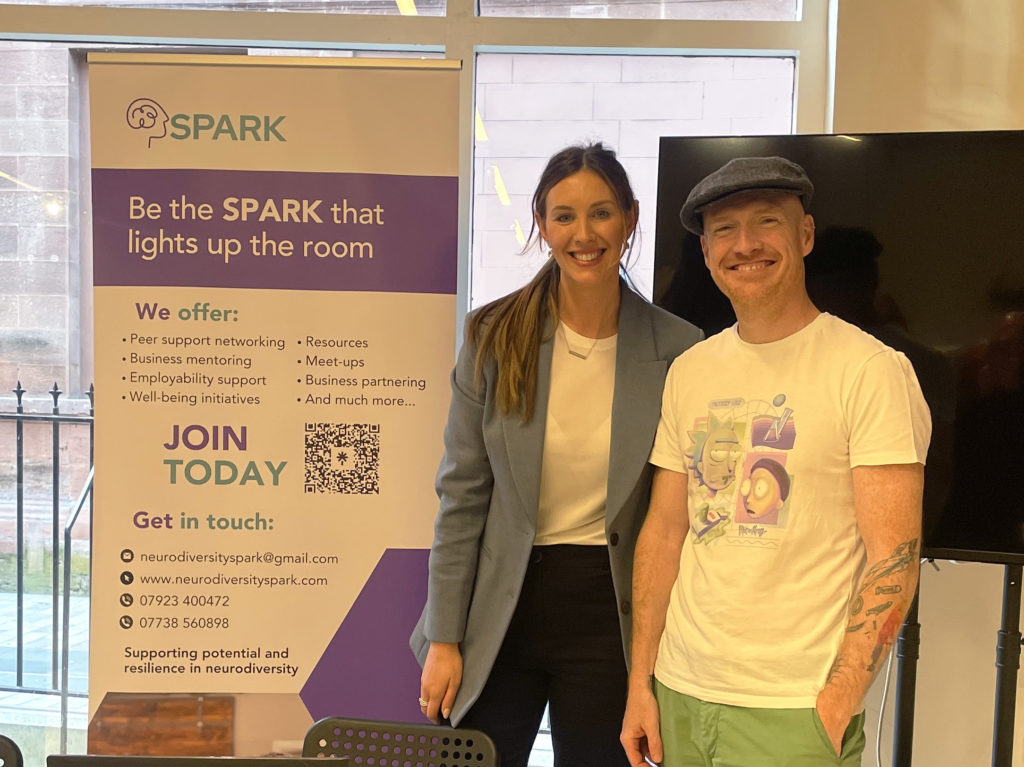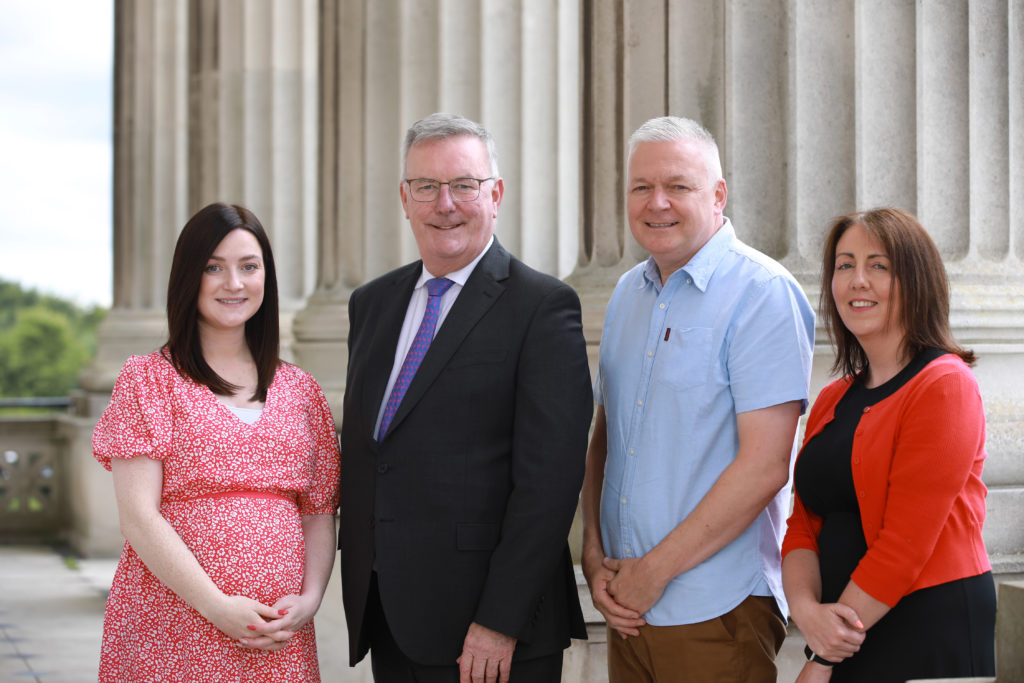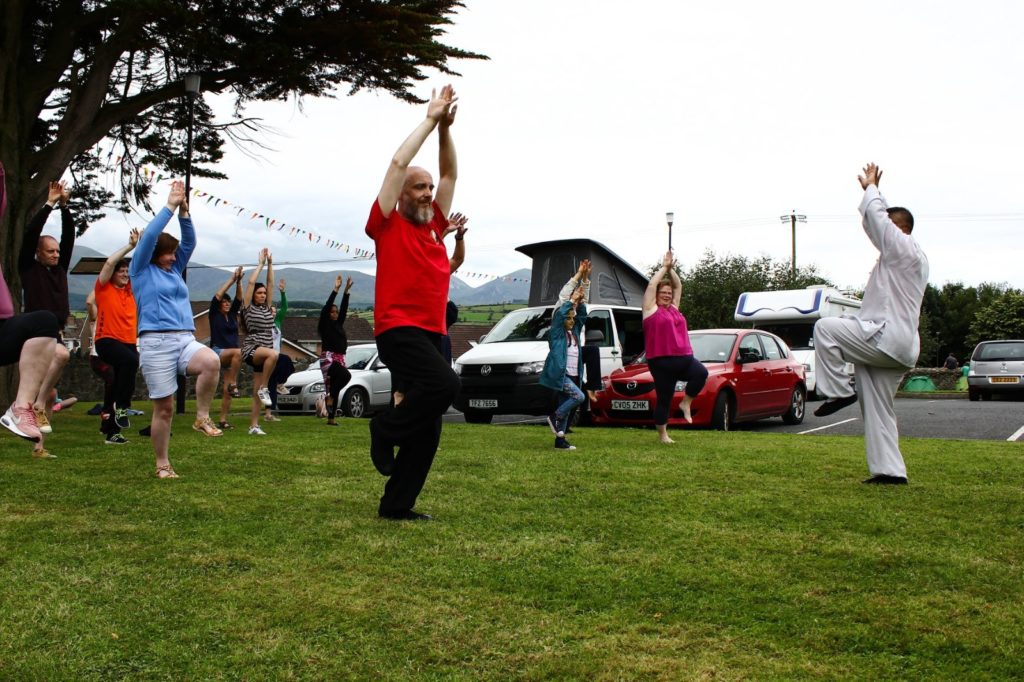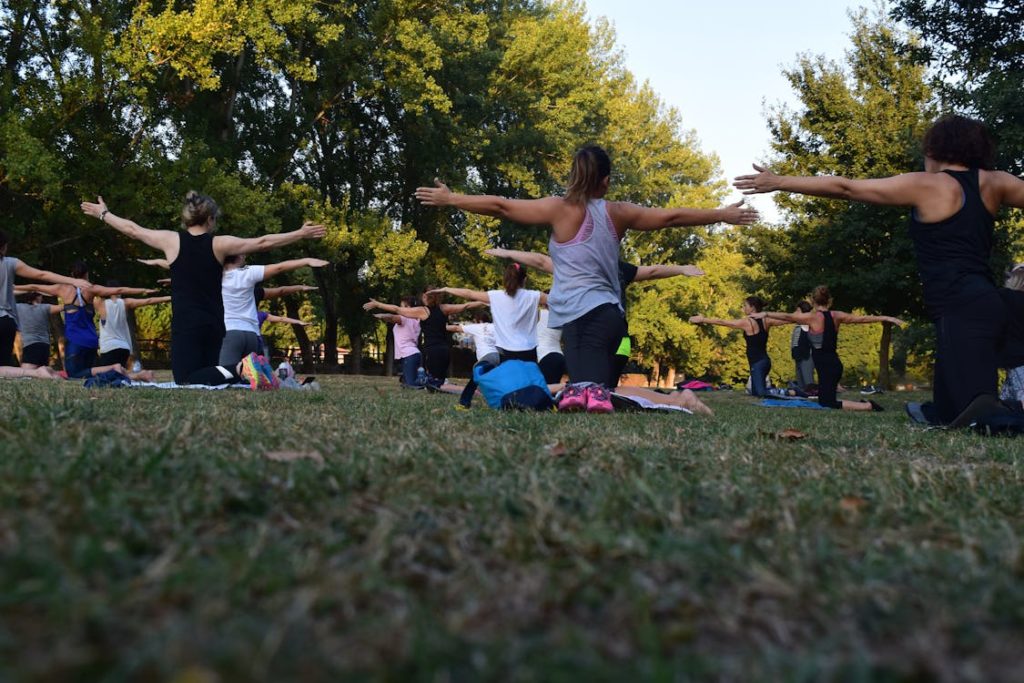3D Technology Expands Into Northern Ireland, Bringing Advanced 3D Printing Solutions To Local Manufacturers
Galway-based 3D Technology Ltd, a leading supplier of 3D printing equipment in Ireland, has announced its expansion into the Northern Ireland market.
The move is set to provide Northern Ireland’s manufacturing sector with access to cutting-edge 3D printing solutions, offering potential advancements in production efficiency and capabilities.
This strategic expansion will be officially announced at the upcoming Northern Ireland Manufacturing & Supply Chain Conference & Exhibition on 12 September, at the TEC in Belfast.
The event, now in its fifth year, is the largest of its kind in Northern Ireland and serves as a crucial forum for industry leaders across the UK and Ireland.
The conference, which will feature over a hundred trade stands and a comprehensive programme of free workshops and keynote speakers, provides an ideal platform for 3D Technology Ltd to showcase its innovative 3D printing solutions. The company will be among a diverse range of exhibitors displaying the latest technological advancements designed to meet the evolving needs of the manufacturing industry.
Speaking of the expansion, 3D Technology’s managing director James Wall said: “We are pleased to bring our expertise in 3D printing to Northern Ireland’s dynamic manufacturing sector.
“The cost of downtime due to broken parts can be enormous, even catastrophic, with traditional methods. By using 3D printing, manufacturers can avoid these risks by producing what they need, exactly when they need it.
“Our goal is to help local manufacturers enhance their production processes by improving efficiency, reducing downtime, and cutting costs, ultimately boosting their competitiveness in the global market.”
In addition to the announcement, 3D Technology Ltd will be participating in discussions at the conference on key themes such as Automation & Robotics, Hi-tech Manufacturing, Precision Engineering, and 3D Printing—topics central to the future of manufacturing. The event provides an excellent opportunity for manufacturers to engage with government agencies, industry experts, and supporting associations, gaining insights and advice on improving operational performance.
Unlike traditional manufacturing methods that rely on costly and time-consuming tooling and moulding processes, 3D printing eliminates the need for these recurring expenses. For instance, with traditional injection moulding, lead times for tooling can range from 4 to 16 weeks. In contrast, 3D printing allows manufacturers to produce parts on demand, drastically reducing both costs and production timelines.
3D Technology Ltd is also committed to supporting its clients with comprehensive training, maintenance, and a range of tailored support services designed to integrate seamlessly into existing production processes. This commitment ensures that manufacturers can make the most of their investment in 3D printing technology, enhancing their operational capabilities and return on investment.
Managing Director, Colin Murphy from organisers Premier Publishing & Events said the Manufacturing & Supply Chain Conference will serve as a forum for manufacturers and operators involved throughout the associated supply chains from across Northern Ireland to gather to discuss pressing issues facing their industry.
He added: “Generating annual sales of about £20 billion, manufacturing is crucial to Northern Ireland’s economic development.
“Manufacturers directly employ 80,000 people while supporting further employment throughout the wider supply chain in every region of Northern Ireland.
“The manufacturing sector accounts for 13.4% of Northern Ireland’s economic output, significantly higher than the UK figure of 9.8%.
“Not just that but Northern Ireland’s manufacturers also generate almost half of the country’s external sales and more than half of export sales.
“We are delighted to be supporting 3D Technology in their efforts to expand into the Northern Ireland marketplace.”
Registration for the 2024 Northern Ireland Manufacturing & Supply Chain Conference & Exhibition on September 12 at TEC in Belfast is free. Tickets are available from www.northernirelandmanufacturing.co.uk/register










